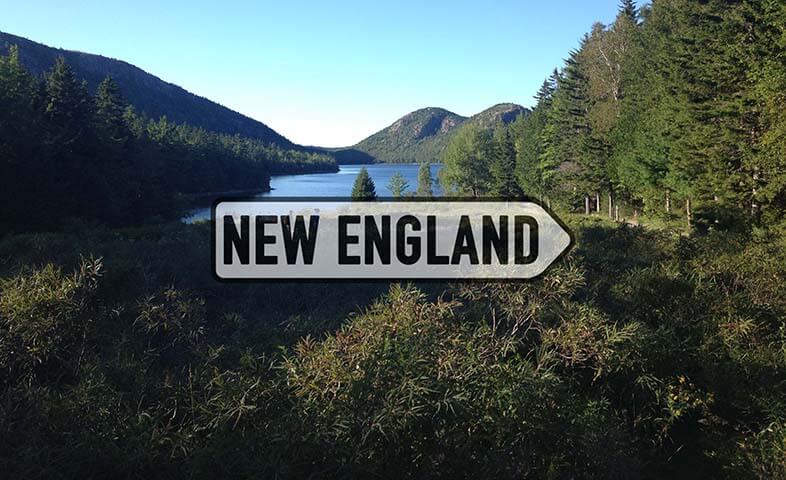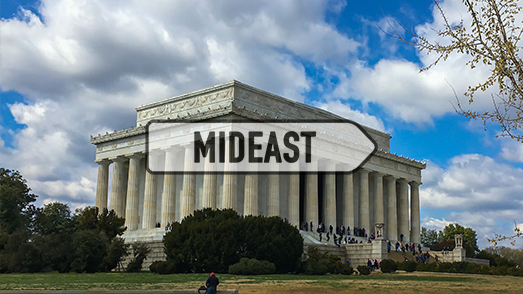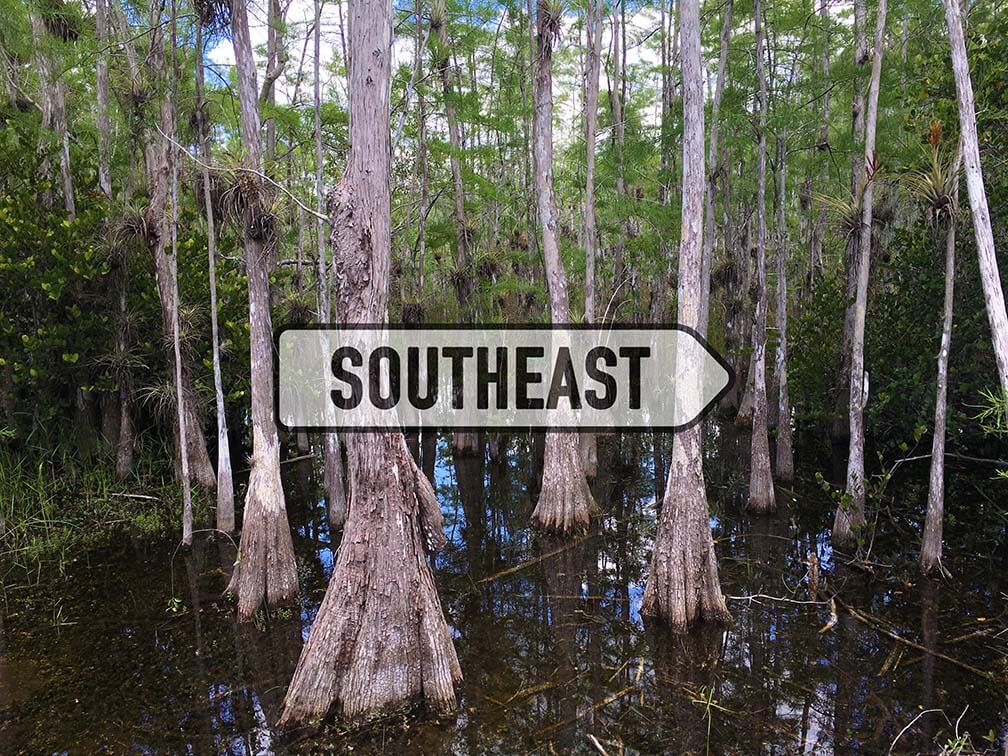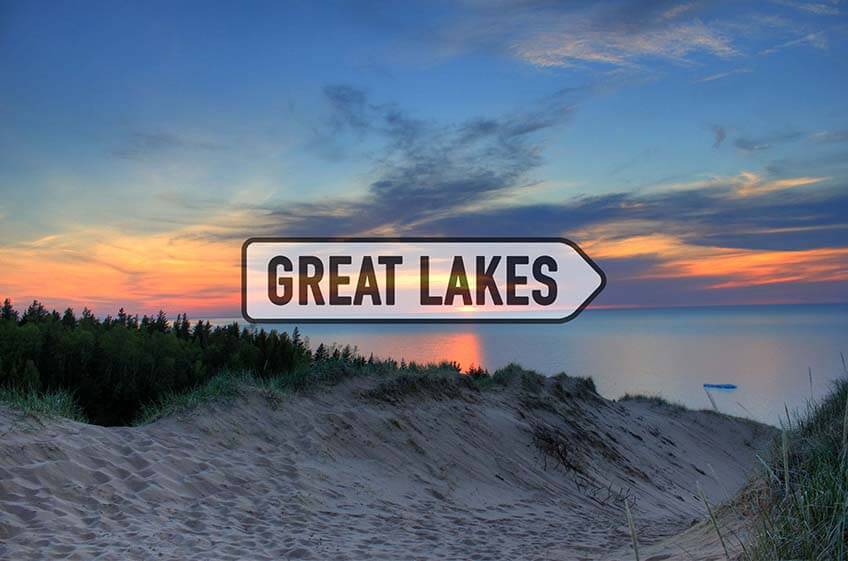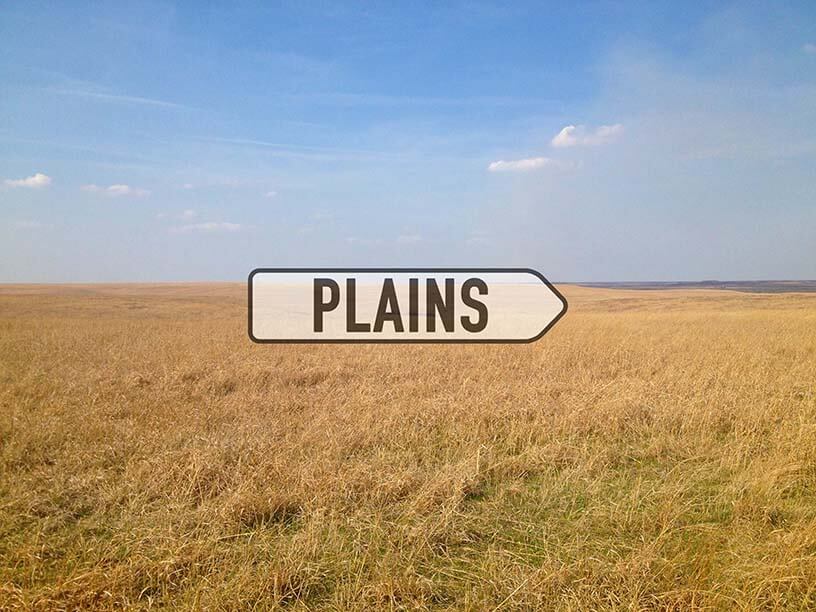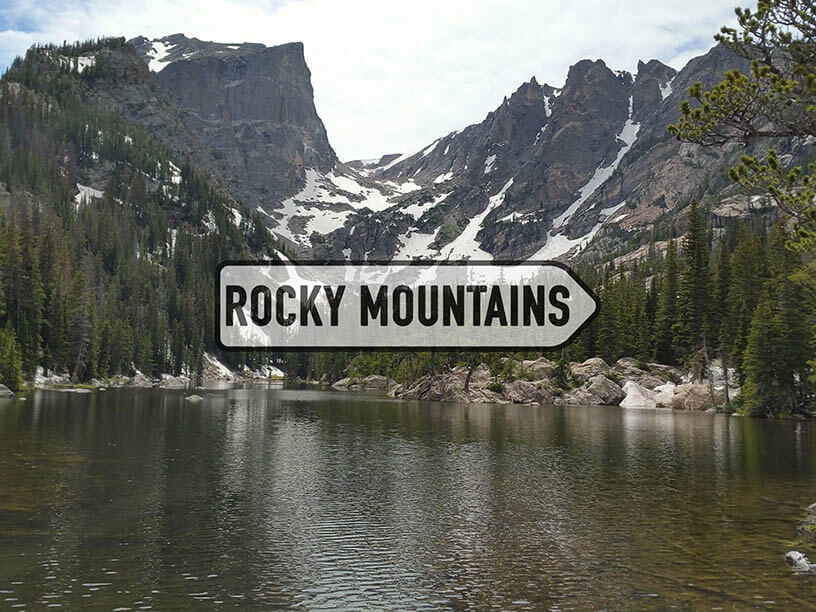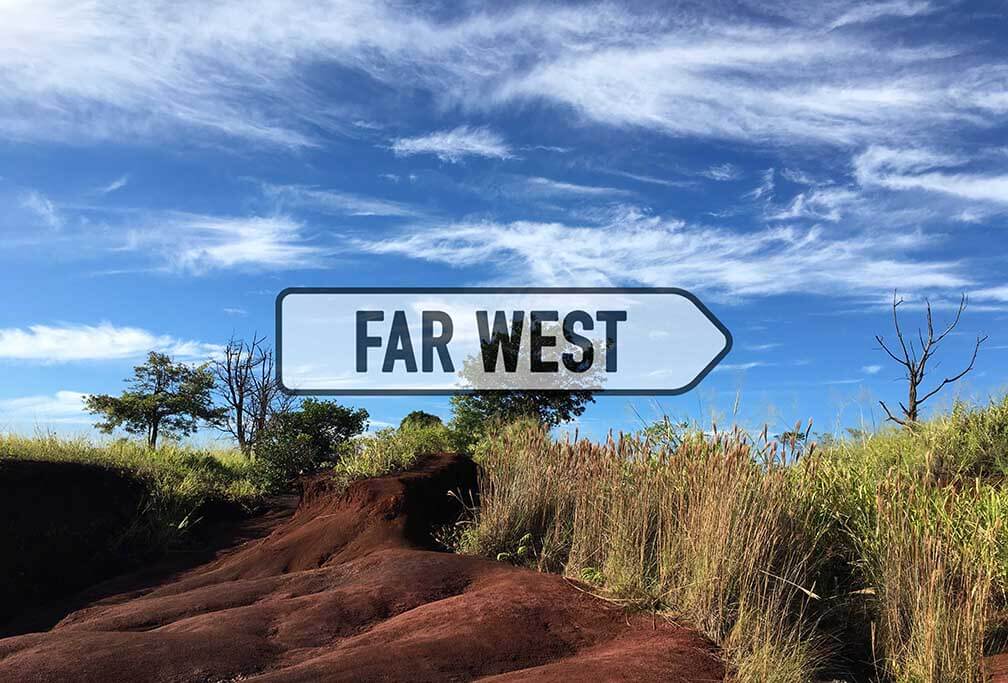Remembrance: Nippon No Tabi
By Robert McHugh
The peak of majestic Fuji-san sunbathing on a blanket of golden clouds—my first glimpse of Japan. Awesome. Solemn. Spiritual!
It was late August, 1945. As an Air Force officer, our crew had been assigned to transport General Douglas MacArthur’s advance honor guard from Okinawa to Japan, prior to formal surrender proceedings in early September. Upon landing at Atsugi, near Yokohama, we were met by an affable Japanese gentleman in civilian clothes who spoke fluent English. Toda-san introduced himself and told us he would act as our interpreter and would be pleased to assist us in any way he could.
After concluding the necessary military business, I had a chance to speak with Toda-san privately. I asked how he came to speak English so fluently. He told me that he and his family had lived in Portland, Oregon for a period of some ten years before the war; he had worked in the import-export field, and he, his wife, and two of his three children had returned to Japan in 1939. One of his daughters, Martha, had remained in America in order to complete her college education there, attending Smith College in Northampton, Massachusetts. When I told him my sister, Aileen, was currently a student at Smith, his eyes filled with tears. The family had not heard from Martha since the outbreak of war in 1941.
Toda-san asked if I would be kind enough to write my sister and, if she were able to contact his daughter, to tell her the family had survived the war-time bombings and all were well. I promised him that I would, and wrote my mother, asking her to pass on this information to my sister. Because of pressing military duties, that was the first and last time I saw Toda-san. I learned later that the family had been reunited. I’d found my first Japanese friend.
In the following months, I flew frequently from air bases in Atsugi and Tachikawa, throughout Japan, Korea and China. Fuji-san, over the seasons, became a more frequent and familiar friend. One of our missions was to transport British, Dutch and American prisoners-of-war from Japanese prison camps in Korea to Yokohama for processing back to their various home countries. Invariably, they asked that we fly over Hiroshima so they could view the actual devastation wrought by the atomic bomb. Although viewed from an altitude of 6,000 feet, the extent of the damage was all too evident. The silence of these combat veterans spoke volumes.
Although I flew many times over Hiroshima in my flights over Japan, the sight of the now famous “dome” had been forever imprinted in my memory. Nor was that remembrance of Japan: Fuji-san, Toda-san and the Dome, ever to be diminished.
After returning to the United States in 1946, I entered Princeton University and, shortly thereafter, attended a lecture given by J. Robert Oppenheimer on the dawn of the nuclear age and its impact on the future of all mankind—my memories of Japan resurfaced, and were further reinforced. Upon graduation, my first employment was with a major capital equipment manufacturer. My duties involved greeting Japanese visitors who came to America to tour our manufacturing facilities. My memories of Japan became a frequent topic of conversation. This intermittent association with Japan over the years prompted me to join the Japan Society in New York City. Ultimately, I undertook the study of Japanese at the Princeton Community Japanese Language School, where I am still studying now.
I began to realize that time actually does fly—a fact of which I should have been well aware, having been one of the original “frequent flyers.” The year 1995 marked the 50th anniversary of my visit to Japan in 1945. I decided to return, and awaken the dormant memories of a time past.
My trip planning, with help from my sister and the Smith College alumnae directory, included a telephone conversation with Toda-san’s daughter, Martha, now married and living in the western state of Washington. She told me that her father had died in 1975; I would be unable to meet with him when I reached Japan. A bitter disappointment.
Last year, in July 1995, I returned to the beautiful country that had left such an indelible impression on me so many years before. My itinerary included Tokyo, Kamakura, and Hakone, where I greeted another old friend, Fuji-san. Then on to Kyoto, Osaka and Hiroshima. In Hiroshima, I spent several hours in the Peace Park at the foot of the Dome remembering, feeling, and yes, praying. At the Children’s Monument, I placed a group of folded paper cranes an American friend had asked me to deliver.
Last week, in Princeton, I attended a concert of composer Hikari Oe’s music. Hikari is the handicapped son of Nobel Laureate, Kenzaburo Oe, who is visiting the university to teach a seminar in East Asian Studies. One of the piano compositions performed (the program notes informed me) became the main theme of his father’s televised work Does the World Remember Hiroshima?
I remember, Oe-san, I remember.
Robert McHugh, native of Baltimore, MD. USAF Navigator WWII, Jet Fighter Pilot Korean War. Retired. Sales and Marketing Consultant. BA degree Princeton, MBA degree NYU. GrandPals senior reading to kindergartners at 5 different elementary schools in Hopewell-Lawrenceville-Princeton, New Jersey area for last 5 years. Amateur poet and memoirist.







